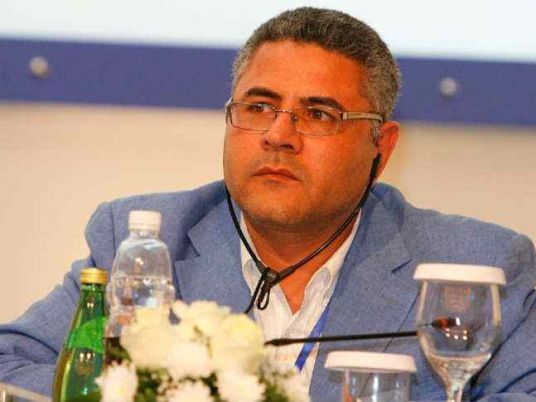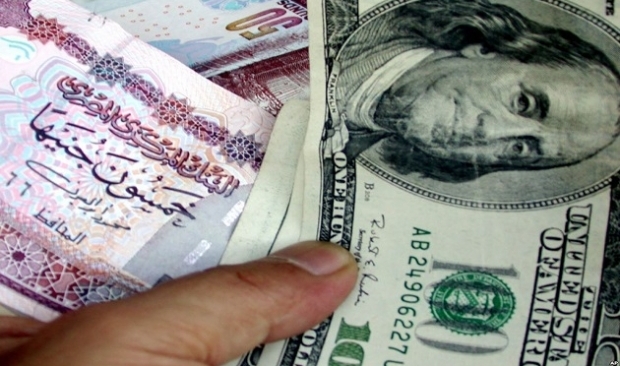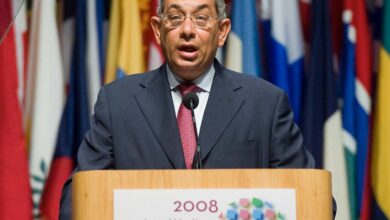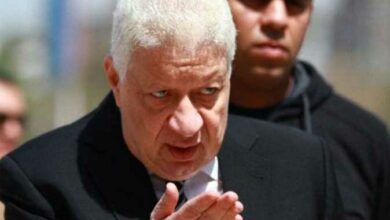
The North Cairo Criminal Court has decided to freeze the assets of five human rights activists along with three prominent NGOs charged with illegally obtaining foreign funding for their work in Egypt.
Those affected by the ruling on Saturday are embroiled in an ongoing official investigation that involves 173 indvidual legal cases, known collectively as the “NGO foreign funding" case.
The case was first launched in December 2011, almost a year after the January 25 revolution, and was then re-opened early this year.
In January, an investigative judge filed a request to freeze the assets fo 13 human rights activists and five NGOs still facing charges in the case, including seven family members.
The court’s decision includes journalist Hossam Bahgat, who is also the former director of the Egyptian Initiative for Personal Rights (EIPR), along with Gamal Eid, the director of the Arabic Network for Human Rights Information (ANHRI).
Also included are the following: Bahey Eldin Hassan, who is the director Cairo Institute for Human Rights Studies; lawyer Mustafa al-Hassan, the director of the Hisham Mubarak Law Center; and Abd al-Hafiz Tayel, director of the Egyptian Center for the Right to Education. However, the court rejected requests that the assets of their families also be frozen.
The court ordered a freeze on the assets of three NGOs: the Cairo Institute for Human Rights Studies (CIHRS); the Hisham Mubarak Law Center; and the Egyptian Center for the Right to Education.
The foreign funding case began with police officers storming the headquarters of 17 local and international NGOs, preventing employees from leaving their offices, interrogating them and searching their computers.
Over the past three months, the three investigative judges in “Case 173 on foreign funding” have issued at least four new travel bans. In February 2016, Bahgat was banned from travel, based on a decision issued by the country’s prosecutor general.
ANHRI released a press statement on Sunday saying that the court’s decision to freeze the assets of its director Gamal Eid was "political" and illegal. The NGO said he will not stop his work in unveiling human rights violations, particularly defending the rights of hundreds of people jailed for their opinions.
“This decision was expected from this regime, but it’s disgusting,” Bahgat wrote on his official Facebook account.
"What they have done won’t stop these NGO’s from continuing their work, including EIPR.”
Bahgat said that if the regime is punishing the NGOs for what they have done in the past, he is proud of everything he has accomplished before, during and after the revolution.
“And if they aim to stop us working in the future, they are simply deluded, because the human rights defenders will never give up after 30 years of struggle, especially since we are living through the worst period of human rights violations in the country’s history,” he said.




